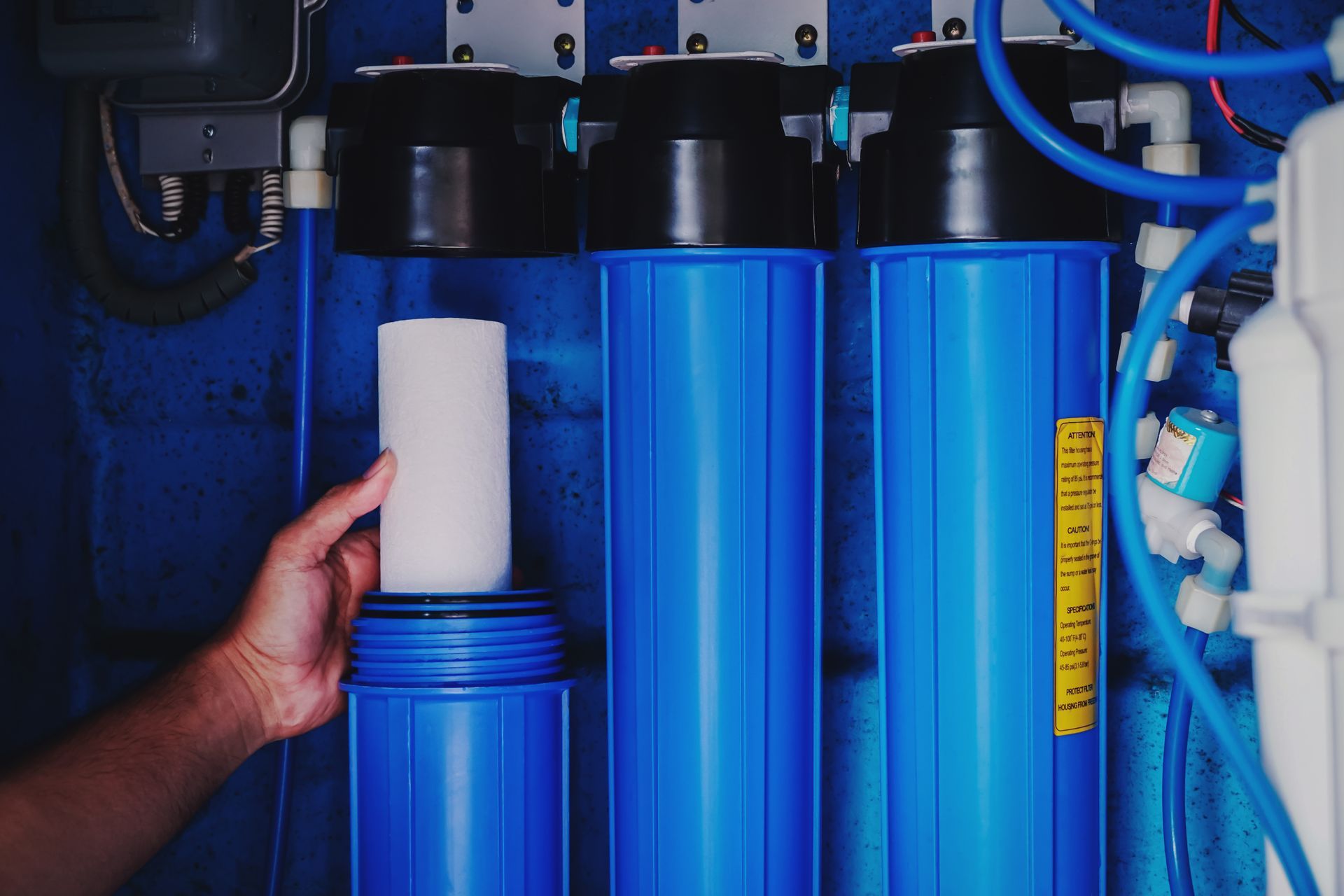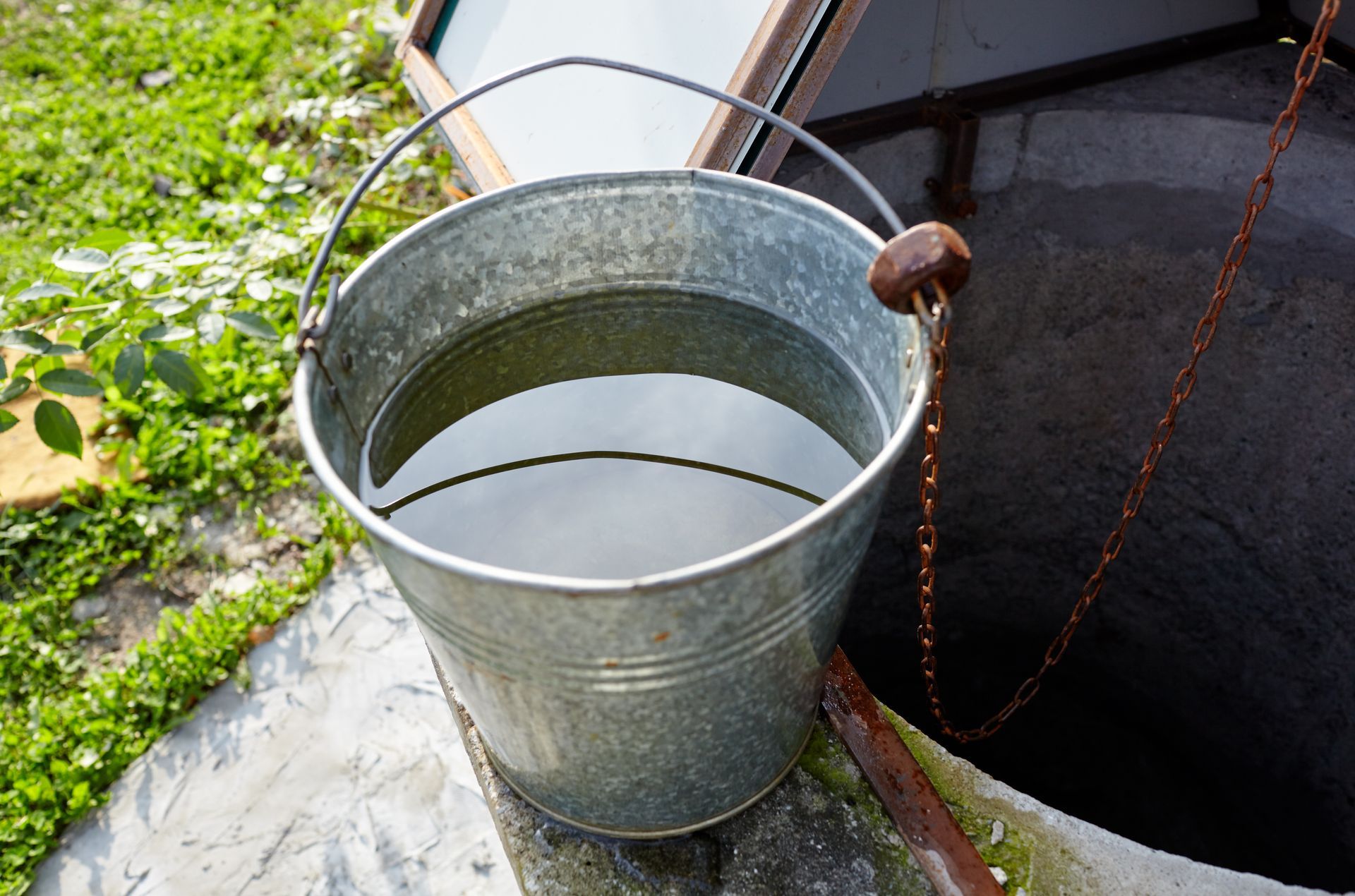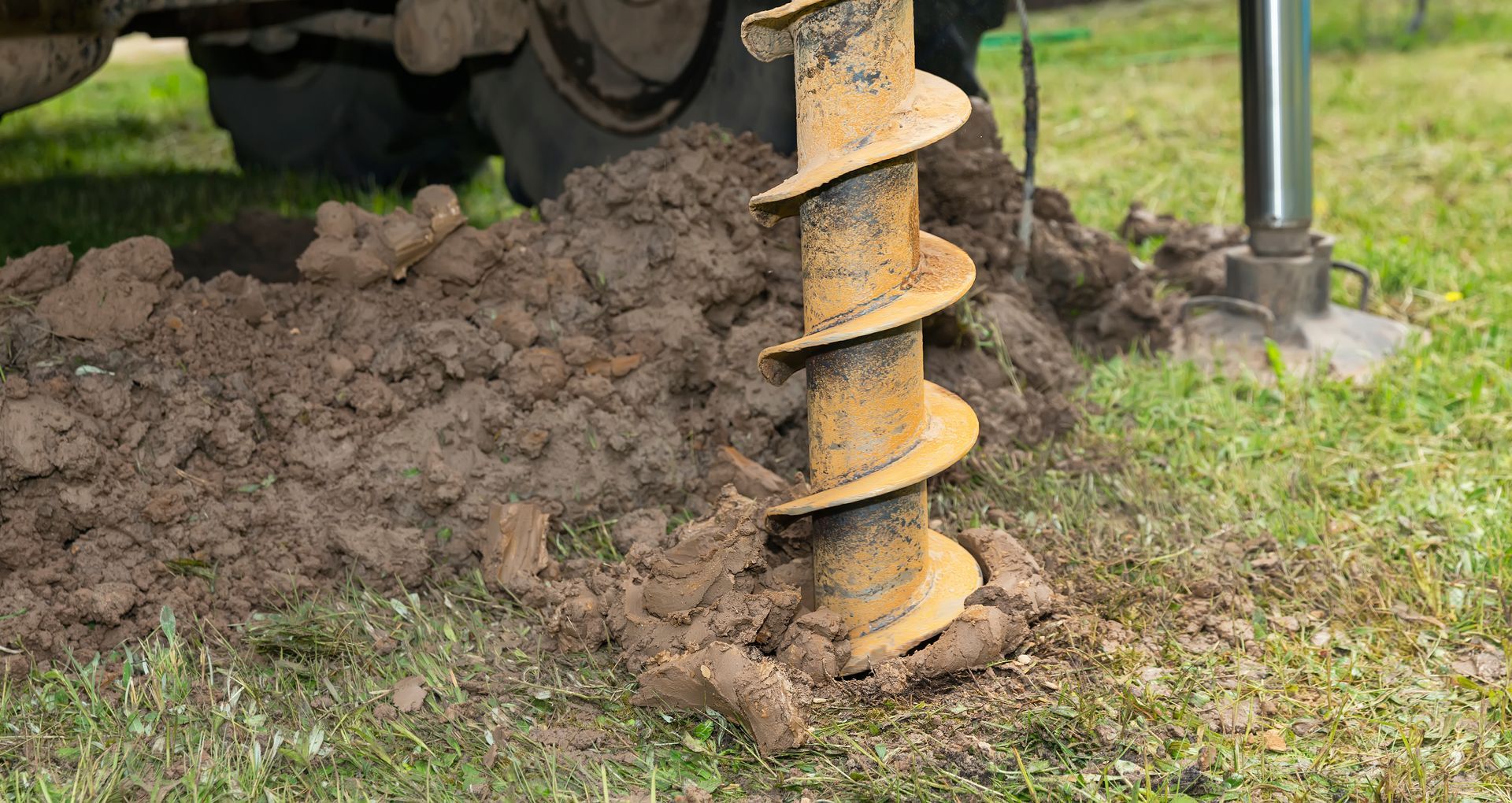Innovative Water Filtration Solutions for DFW Well Water
In the Dallas-Fort Worth (DFW) area, many homeowners rely on well water for their daily needs. While this source can provide a sustainable and independent water supply, it also comes with its own set of challenges, particularly concerning water quality. Contaminants such as bacteria, heavy metals, and hard minerals can compromise the safety and palatability of well water. Therefore, understanding and implementing effective water filtration solutions is essential for ensuring clean and safe water for households in the region. This article explores innovative filtration solutions available for DFW well water, helping homeowners make informed decisions about their water quality.
Understanding Common Contaminants in DFW Well Water
The quality of well water can vary significantly based on its source and surrounding environment. Common contaminants found in DFW well water include:
- Bacteria and Pathogens: Coliform bacteria and other microorganisms can infiltrate well water, posing health risks to consumers. Contaminated water can lead to gastrointestinal issues and other serious health concerns.
- Heavy Metals: Elements such as lead, arsenic, and mercury can leach into groundwater from natural deposits or human activities. Long-term exposure to these metals can result in severe health problems, including neurological damage.
- Nitrates and Nitrites: These compounds often enter well water through agricultural runoff and septic systems. High levels of nitrates can be particularly dangerous for infants, leading to a condition known as methemoglobinemia or "blue baby syndrome."
- Hardness Minerals: Calcium and magnesium are prevalent in many DFW wells, leading to hard water issues. Hard water can cause scaling in pipes and appliances, reducing their efficiency and lifespan.
Understanding these contaminants is crucial for homeowners who want to maintain a safe and healthy water supply.
Traditional Filtration Methods
Homeowners have several traditional filtration options to address these contaminants:
- Sediment Filters: These filters remove larger particles such as sand, silt, and rust. While they are effective for basic filtration, they may not eliminate smaller contaminants like bacteria or heavy metals.
- Activated Carbon Filters: These filters are designed to remove chlorine, volatile organic compounds (VOCs), and some heavy metals. However, they may not effectively eliminate all pathogens or nitrates.
- Reverse Osmosis Systems: This method uses a semi-permeable membrane to remove a wide range of contaminants, including bacteria, heavy metals, and nitrates. While effective, reverse osmosis systems can be costly and may require significant maintenance.
Despite their advantages, traditional filtration methods often have limitations in addressing specific contaminants, highlighting the need for more advanced solutions.
Innovative Water Filtration Technologies
Recent advancements in water filtration technology have led to more effective solutions for well water in DFW:
A. Advanced Filtration Systems
- UV (Ultraviolet) Filtration: UV filtration utilizes ultraviolet light to disinfect water by inactivating bacteria, viruses, and other pathogens. This method is chemical-free and highly effective, making it an excellent choice for well water treatment.
- Ion Exchange Systems: These systems are particularly effective in addressing hard water and heavy metals. By exchanging sodium ions for calcium and magnesium ions, ion exchange systems can significantly reduce water hardness and improve overall water quality.
- Advanced Oxidation Processes (AOP): AOP combines ozone and hydrogen peroxide to break down organic contaminants in water. This method is effective against a wide range of pollutants, including pharmaceuticals and pesticides.
B. Smart Filtration Systems
- IoT-Enabled Water Quality Monitors: These devices provide real-time monitoring of water quality, detecting contaminants and alerting homeowners to potential issues. By integrating with smartphones, these systems offer convenience and peace of mind.
- Automated Filtration Systems: Modern filtration systems can now include self-cleaning and maintenance features. These automated systems reduce the need for manual intervention, ensuring consistent water quality without frequent upkeep.
Regulatory Standards and Best Practices for Filtration in DFW
Understanding the regulatory landscape is crucial for well owners. Texas has specific water quality regulations that well owners must adhere to, ensuring that their water supply is safe for consumption.
A. Overview of Texas Water Quality Regulations
The Texas Commission on Environmental Quality (TCEQ) sets standards for well water quality. These regulations outline acceptable levels of various contaminants and provide guidelines for regular testing and maintenance. Homeowners should familiarize themselves with these regulations to ensure compliance and protect their health.
B. Best Practices for Maintaining Water Quality
- Regular Testing and Monitoring: Homeowners should conduct regular water tests to identify potential contaminants. Testing should be done at least once a year or more frequently if issues are suspected.
- Recommended Maintenance Schedules for Filtration Systems: Following the manufacturer's guidelines for maintenance is essential for ensuring optimal performance. Regular filter changes and system checks can prevent problems before they arise.

Choosing the Right Filtration Solution for Your Well
Selecting the appropriate filtration solution involves several considerations:
A. Factors to Consider
- Specific Contaminants Present in the Water: Homeowners should identify the specific contaminants in their well water through testing. This information will guide them in selecting the most effective filtration system.
- Water Usage Needs: Understanding the household's water usage—whether for drinking, cooking, or irrigation—will help determine the size and capacity of the filtration system needed.
- Budget and Maintenance Requirements: Homeowners should consider both the initial investment and ongoing maintenance costs when selecting a filtration system. Balancing quality with affordability is key.
B. Importance of Professional Water Testing and Consultation
Consulting with local water well services is crucial for accurate water testing and expert recommendations. Professionals can help homeowners navigate the complexities of water quality and filtration options.
Innovative water filtration solutions are essential for ensuring clean and safe well water in the DFW area. By understanding common contaminants, exploring advanced filtration technologies, and adhering to regulatory standards, homeowners can significantly improve their water quality. Regular testing and professional consultation are key steps in maintaining a safe water supply. For those looking to upgrade their filtration systems, contacting local water well services can provide the guidance needed for making informed decisions.


